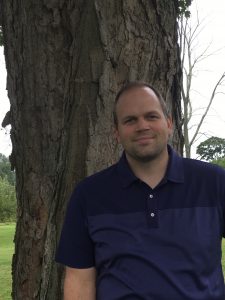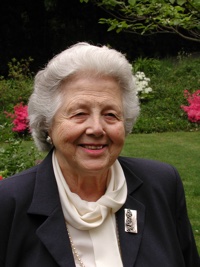On March 23, 2018, historian Erez Manela will speak at the History Department as part of its Foreign Policy Seminar Series.
Erez Manela is a Professor of History at Harvard University, where he teaches international history and directs the Weatherhead Center for International Affairs. Most recently, Manela co-edited Empires at War, 1911-1923 (2014) with Robert Gerwath, which examines the outbreak of World War I as a “global war of empires” and expanded the time frame to include the Italian invasion of Libya in 1911 and conclude with the 1923 Lausanne Treaty. He is also currently a General Editor for the Global and International History series for Cambridge University Press.
Manela didn’t think he was going to study history. Commenting in one interview with the Harvard Gazette he said “I didn’t yet conceive of it as something you could do as a profession, but rather something you might study to know more about the world.” Originally from Haifa, Israel, Manela went to the Hebrew University of Jerusalem and stated that his experience there shaped the path that he would take. “I realized that in the modern period…there were really fascinating parallels between the history of the Ottoman Empire and the history of East Asia, particularly China,” Manela said in that same Gazette article. He wanted to consider that story in a broader context moving forward. This approach shaped his scholarship that followed.
In doctoral studies at Yale, Manela focused on international history with a transnational approach. His dissertation was the basis for his first book titled The Wilsonian Moment: Self-Determination and the International Origins of Anticolonial Nationalism (2007). Examining how the United States had an impact on the colonial world in the wake of World War I, with a focus on Egypt, India, China, and Korea, The Wilsonian Moment was very successful. The book was a major contribution to the field and seen by many reviewers as a groundbreaking study in transnationalism. Lloyd Ambrosius for the Journal of American History called the book “excellent” and went on saying “Manela’s thoroughly researched and clearly written book is a fine contribution to international and transnational history.” Another reviewer wrote that Manela “brilliantly reconstructs the story of the colonial world at the end of World War I and the impact of Wilson’s new ideas for world peace and justice on the anticolonial movement.” The London Review of Books said that Manela “has produced an immensely rich and important work of comparative politics centered on the ‘Wilsonian Moment.’”
Manela is a very prolific scholar. In addition to the aforementioned books he co-edited The Shock of the Global: The 1970s in Perspective (2010), which explores the structural upheaval of the 1970s and how the international system was undergoing major transformations, and has articles in journals such as Diplomatic History, Reviews in American History, American Historical Review and Diplomacy & Statecraft. Manela contributed a chapter on “The United States and the World,” which comments on the field’s methodology and historical questions, in American History Now (2011).
Manela’s ongoing research interest is to examine the World Health Organization’s Smallpox Eradication Program from 1965-1980. This endeavor “seeks to cast new light on important aspects of post-WWII international history, including superpower relations, the evolution of international development, and the role of international organizations.” Manela’s article, “A Pox on Your Narrative: Writing Disease Control into Cold War History,” which was published in Diplomatic History, discusses some of his findings. Manela is also researching United States visions for the world order during World War II, paying close attention to Asia. He contributed a chapter titled “The Fourth Policeman: Franklin Roosevelt’s Vision for China’s Global Rule” in The Significance and Impact of the Cairo Declaration (2014), which highlights some of his preliminary research.
When Manela was appointed as full Professor in 2009, Harvard University’s History Department Chair Lizabeth Cohen said “[Manela’s] work is very important because he is part of a very small group of historians who are moving the traditional field of diplomatic history, which for a long time had been concerned with the foreign policies of the largest, often western nations, to a more international history.”


